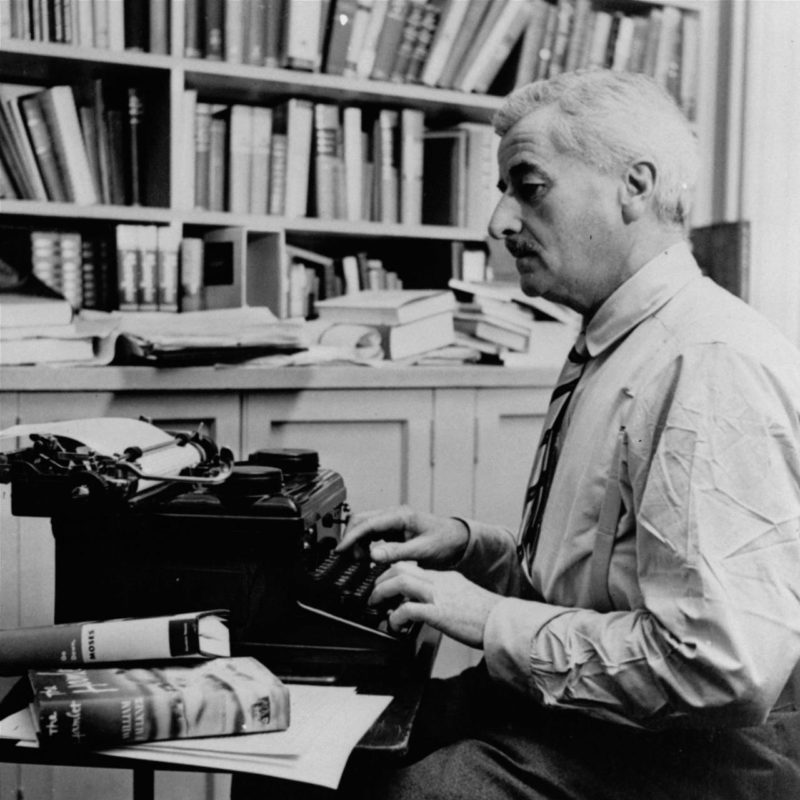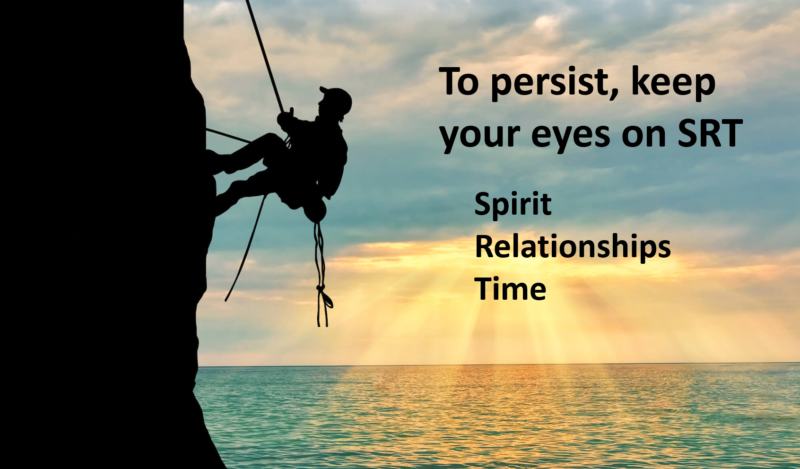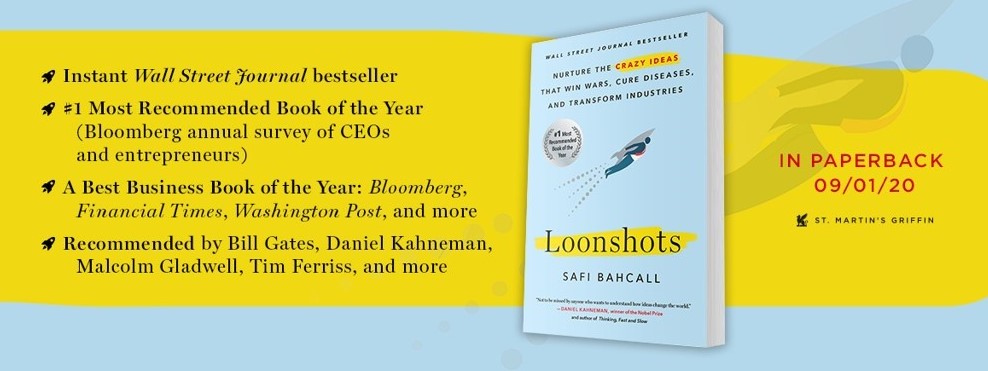To Persist, Keep Your Eyes on SRT
Some end of year thoughts:
When championing an idea that everyone thinks is nuts, it’s easy to lose sight of what’s important, of why you’re doing what you’re doing. A little obsession can be good. Too much can backfire.
What’s helped me, on occasion, to pull back—to create a more sustainable and productive level of obsession—is stepping back to think on SRT: spirit, relationships, and time.
Spirit
Some people find meaning in serving a higher power. Others find it in serving their country. Still others find it in providing for their families, or spreading joy, or helping others live better, freer lives. Everyone has a mission or noble purpose. William Faulkner, for example, spoke of the noble purpose of the writer and the poet:
 I believe that man will not merely endure: he will prevail. He is immortal, not because he alone among creatures has an inexhaustible voice, but because he has a soul, a spirit capable of compassion and sacrifice and endurance.
I believe that man will not merely endure: he will prevail. He is immortal, not because he alone among creatures has an inexhaustible voice, but because he has a soul, a spirit capable of compassion and sacrifice and endurance.
The poet’s, the writer’s, duty is to write about these things. It is his privilege to help man endure by lifting his heart, by reminding him of the courage and honor and hope and pride and compassion and pity and sacrifice which have been the glory of his past.
When diving deep into a project or a career, it’s easy for the head and the heart to stray to things that don’t matter. I began in the academic world, in which the noble purpose is to seek truth. I switched to the biotech world, with a mission to improve the lives of patients in need. Both worlds, like all pursuits, offer fool’s gold and true gold. Only by coming back to noble purpose could I tell the two apart.
Purpose feeds spirit, and spirit is the engine that keeps us going. It steadies us for the battles ahead.
Relationships
The support needed to survive the long tunnel of skepticism and uncertainty doesn’t come from things. It comes from people. Several years ago, a physician who treats the terminally ill shared an insight with me that had changed his life. In hundreds of end-of-life conversations, he said, he never once heard anyone speak about what kind of car they have on their driveway, or even what kind of driveway they have. They always spoke of family and loved ones.
At the edge of obsession, relationships are often the first to go. But they are usually our most important need. When I catch myself making that mistake, I think back to those end-of-life conversations.

Time
The anxiety from championing a crazy idea, challenging experts, and facing repeated rejection can spill over into mindlessly filling a calendar. Completing urgent, but not important, tasks creates a sense of accomplishment and control. But time is our most precious resource, just as relationships are our most precious source of joy and support.
We all juggle many balls, a wise friend named Philip Lader likes to say, but what makes all the difference is knowing which are made of rubber and which are made of glass.
For me, the ones to handle with great care, to avoid dropping and losing forever, have always been spirit, relationships, and time.
Excerpted from Loonshots: How to Nurture the Crazy Ideas that Win Wars, Cure Diseases, and Transform Industries (St. Martin’s Press, 2019)
Read more Letters
Read the Five Laws of Loonshots

“A groundbreaking book that spans industries and time” –Newsweek
“If the Da Vinci Code and Freakonomics had a child together, it would be called Loonshots” –Senator Bob Kerrey
